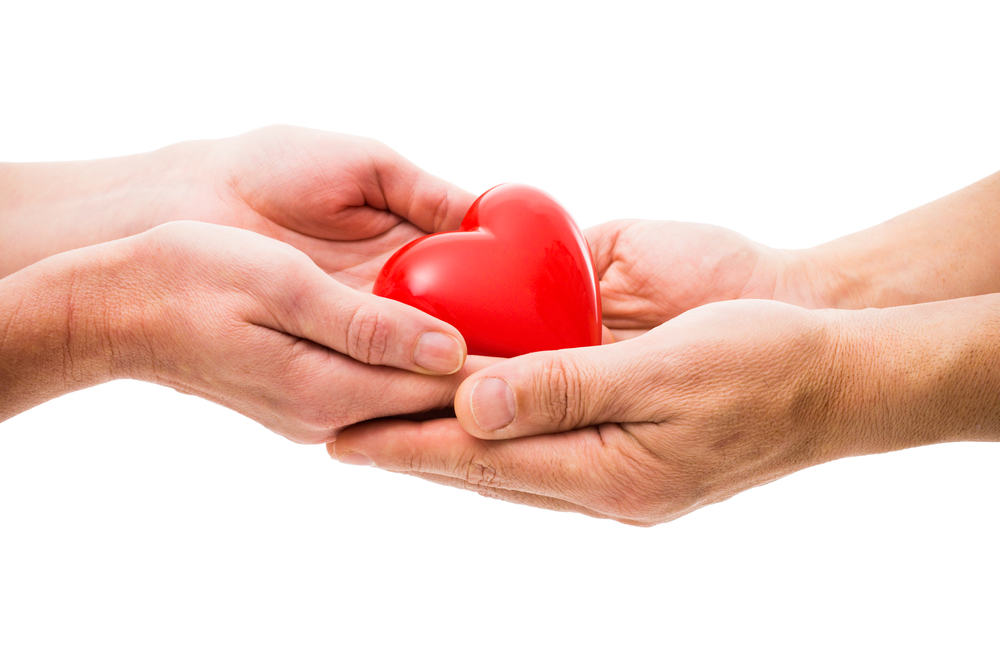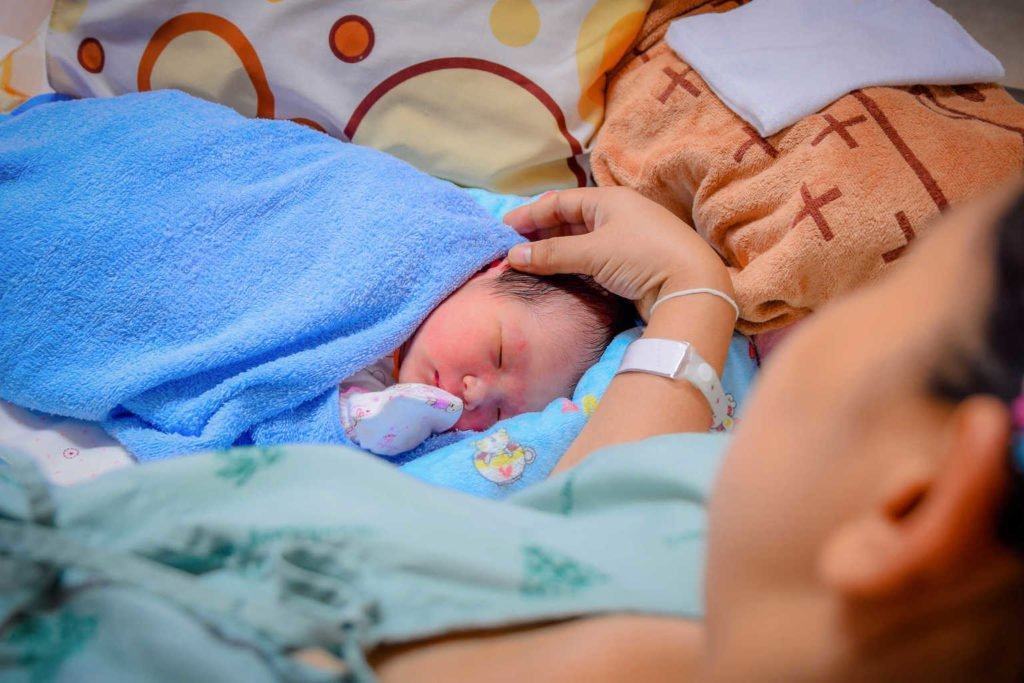Contents:
- Medical Video: What Kidney Donors Need to Know: Before, During and After Donation | Q&A with Dr. Fawaz Al Ammary
- 1. Candidates for organ donors
- 2. Blood type and tissue type of organ donors
- 3. Steps to become organ donors
- 4. Health problems after donating organs
- 5. Being an organ donor is not paid
- 6. Most likely to give the recipient the chance to live
- 7. Risk of surgery
- 8. Make a decision to become an organ donor
- 9. Emotions after donating organs
Medical Video: What Kidney Donors Need to Know: Before, During and After Donation | Q&A with Dr. Fawaz Al Ammary
Many people really need donor kidneys, liver, heart and other organs. More than 6500 people each year, or 21 people per day, who die before getting the right donor for them. Until now, there were always more people who needed organs than organ donors. Most existing organs usually come from people who have died. This comes from someone who filled out a form about donating organs when he died later. The rest, donor organs come from people who are still alive and healthy. About 6000 organs are donated from people who are still alive every year.
Maybe you've thought about donating your organs. Usually this happens because there is a close family of yours or your friend who needs the organ. Before you decide to become an organ donor, here are some things you need to know.
1. Candidates for organ donors
All people of all ages and ages can become organ donors. However, if you are under 18, you need guidance from parents and experts.
If you have a serious illness such as cancer, HIV, diabetes, kidney disease, or heart disease, don't be a donor while you are alive. Tell the medical team about your medical history before donating an organ, so the medical team can determine whether you can be an organ donor candidate. However, if you want to donate your organs after you die, medical tests will usually be carried out again by the medical team to determine which organs can be donated.
2. Blood type and tissue type of organ donors
It's easier for organ transplant recipients to get organs from people who have the same blood type and tissue type. This is to minimize the possibility of the organ transplant recipient's body rejecting the new organ. Usually, the medical team will conduct a series of tests for donors to determine whether the donor's blood type and tissue type can be received by an organ transplant recipient.
3. Steps to become organ donors
If you want to donate your organs after death, you will fill out a form or card about your wishes. You want to donate your organs. If you want to donate your organs when you are still alive, you can talk to an organ transplant medical team or register to a hospital that needs an organ transplant.
4. Health problems after donating organs
Usually there are no significant health problems after donating organs. Some organs in your body can be donated without any long-term health problems going forward. For example, you can donate your kidneys, or parts of your pancreas, intestine, liver or lungs. Your body will "compensate" for the "missing" organs of your body. If indeed the medical team finds signs that you might experience health problems after donating an organ, then you will not be given permission to donate your organs.
5. Being an organ donor is not paid
Paying for organs, or buying and selling organs, is something that is strictly prohibited in Indonesia. This law is contained in the law.
6. Most likely to give the recipient the chance to live
The biggest advantage of being an organ donor is that you can "save" someone's life. That person can be your husband or wife, your child, your parents, your brother or sister, your close friends, or even someone you don't know.
7. Risk of surgery
Organ donation surgery is a major operation. When you become an organ donor when you are still alive, there is always the risk of undergoing major surgery such as bleeding, infection, blood clots, allergic reactions, and damage to organs or tissues near the organs to be donated. Even though you will be sedated during the operation, you may still feel pain while in the recovery process. It will take some time for your body to completely recover after surgery.
8. Make a decision to become an organ donor
Think carefully about the benefits and risks of donating your organs before you decide to become an organ donor. It is very important for you to get complete information before you make a decision. Talk to the medical team about your procedure, surgery steps and health in the future after donating organs.
And the most important thing is, always remember that this is purely your own decision. Don't let others influence your decision.
9. Emotions after donating organs
Usually, living organ donors are satisfied with the decision, because they feel they have helped others to improve the life of the organ transplant recipient. Although sometimes organ transplants are unsuccessful, donors still feel positive because they feel they have done their best to help people who need these organs.
However, it is still possible that you will feel sorry or confused about your own feelings after donating an organ. Usually this happens due to the results of organ transplants that do not meet expectations, or indeed from the beginning the donor still doubts his decision to donate organs.
READ ALSO:
- What is the Kidney Transplant Process Like?
- Corneal Transplant Surgery
- Get to know the ins and outs of heart transplant












